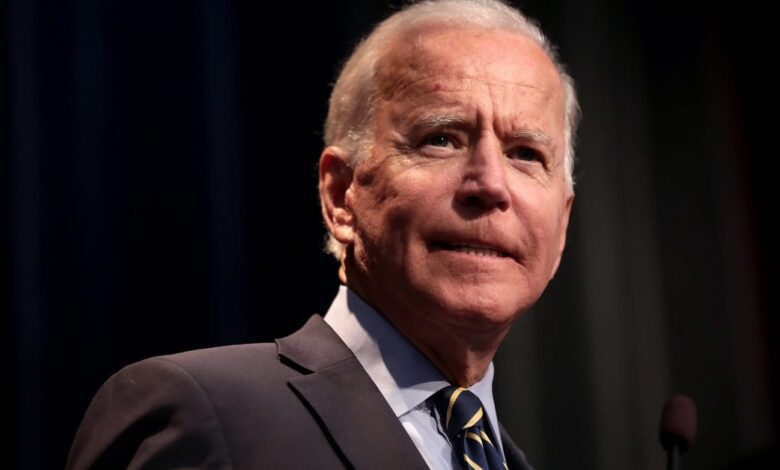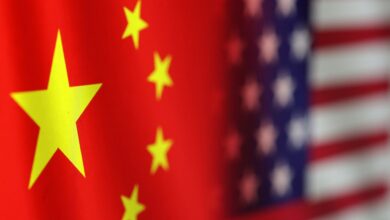Democratic Pressure Shakes 2024 Campaign

President Biden announced he will suspend his 2024 re-election campaign due to increasing pressure from Democratic colleagues, top donors, and Hollywood stars following a poor debate performance. The Democratic leadership urged Biden to step aside, doubting his ability to win against former President Trump.
WASHINGTON, D.C. (2-minute read) — President Biden announced on Sunday that he will suspend his 2024 re-election campaign. This decision comes in response to growing pressure from his Democratic colleagues on Capitol Hill, influential donors, and Hollywood figures following a widely criticized debate performance last month.
The debate was marked by Biden appearing tired and unprepared, which led to an outcry from within his party. Prominent Democratic lawmakers started to publicly urge Biden to step down, arguing that his chances of winning the general election against the GOP nominee, former President Trump, were slim. The Democratic leadership, recognizing the potential challenges in the upcoming election, began to actively persuade Biden, 81, to reconsider his candidacy.
This pressure also extended to top donors and Hollywood stars, who have been vital supporters of Biden. They expressed concerns over his ability to effectively campaign and govern, pushing for a fresh candidate to lead the Democratic ticket in 2024.
Biden’s announcement signals a significant shift as the Democratic Party must now quickly identify a new candidate capable of unifying the party and mounting a strong campaign against Trump. Speculation is already rife about potential replacements, with figures such as Vice President Kamala Harris, Transportation Secretary Pete Buttigieg, and even former First Lady Michelle Obama being mentioned.
The Democratic National Committee (DNC) is expected to expedite the selection process to ensure a seamless transition and maintain party cohesion. This move underscores the broader concerns regarding Biden’s age and stamina, which have been ongoing topics of discussion among political analysts and voters alike.
Read the full article here






